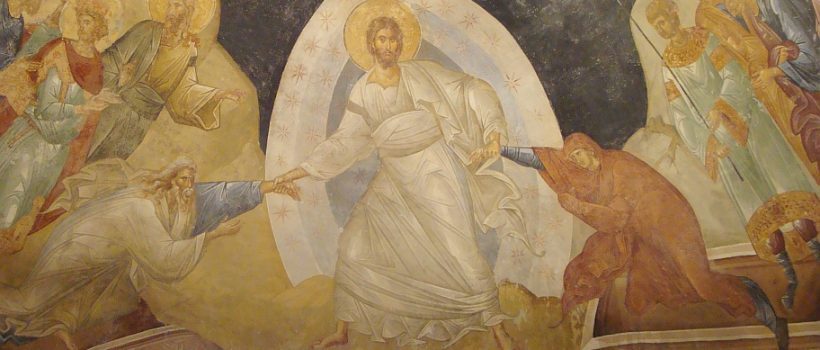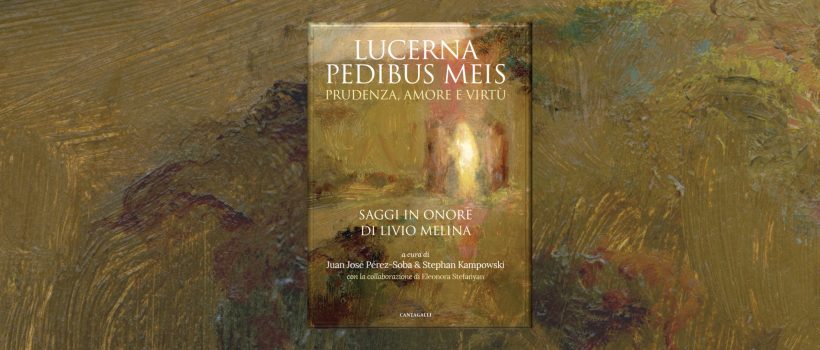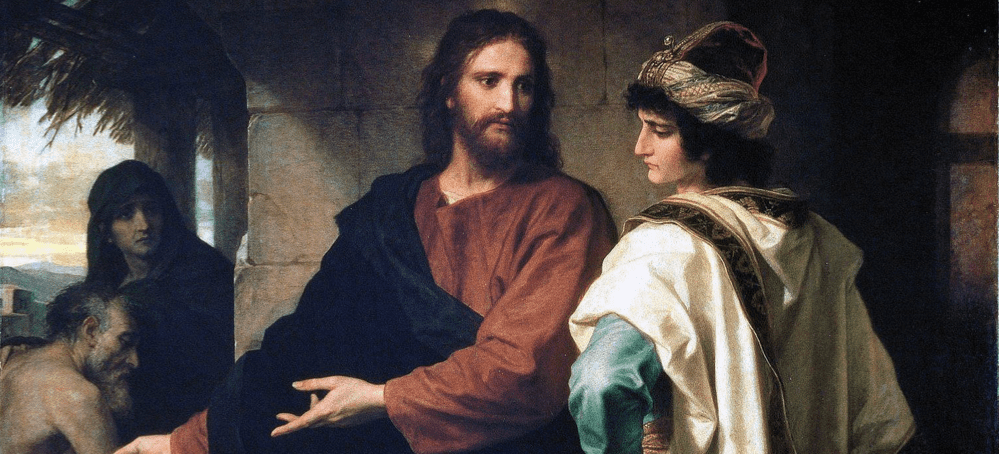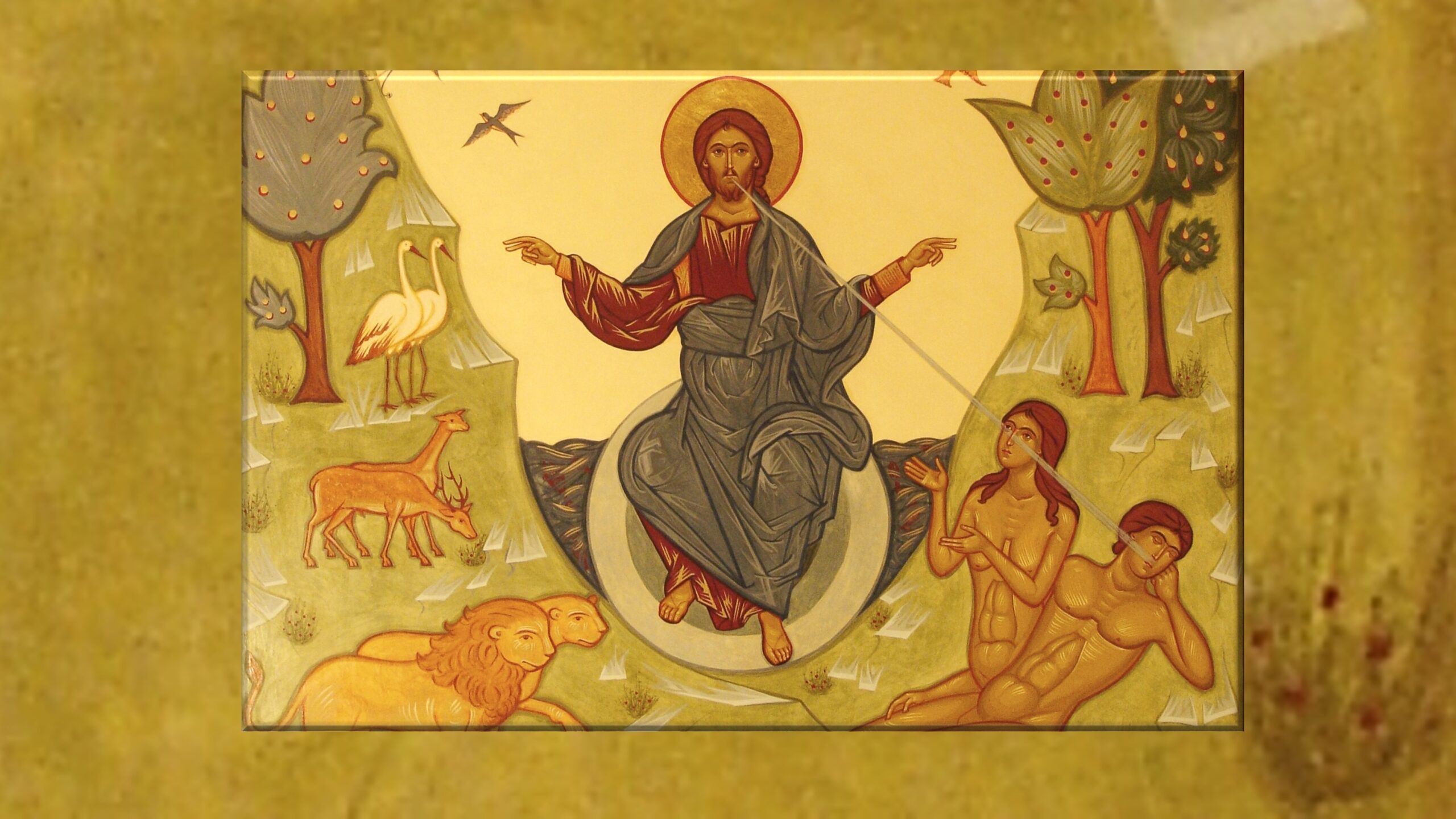Il corpo di Cristo: l’unione definitiva di verità e amore
L’articolo presenta la persona e l’opera di Cristo come la chiave dell’unità tra verità e amore, che sono molto divisi nel nostro tempo. A tal fine, poggia sulla nozione evangelica di verità, seguendo soprattutto il Vangelo secondo Giovanni. La verità appare legata alla vita di Gesù nella carne, e il suo culmine ci è dato nell’Eucaristia, dove è contenuto il mistero pasquale. Il legame tra verità e corpo è decisivo: il corpo è lo spazio nel quale ci apriamo alla conoscenza di Dio e dell’uomo, e quindi il corpo è lo spazio della manifestazione della verità. Da questa connessione tra verità e corpo si capisce che la verità che Gesù porta (e che Lui stesso è) consiste nella verità dell’amore.




